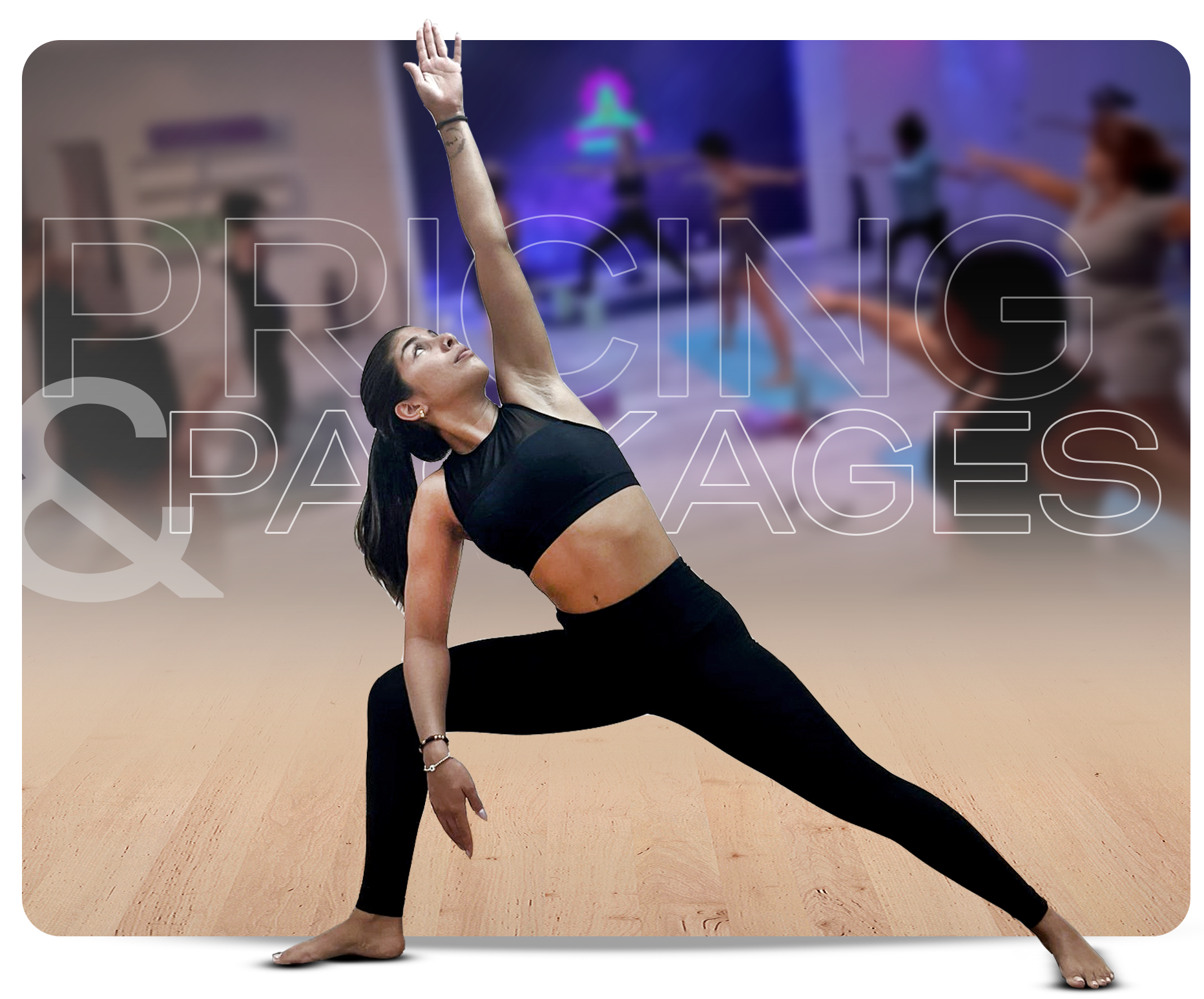EXTRA CLASS 2 – HOW TO TRAIN AN ELEPHANT
They’ll bring the baby elephant into the empty tent, drive a massive, 10 foot iron stake into the ground, drag out a thick, heavy, metal chain, and tether the small, baby, wild elephant to the stake. The baby elephant will fight and fight and fight to get free. Doing everything it can think of. But the chain is too heavy, shackled too tightly, and the stake driven too deep into the ground. As much as he tries, the little elephant can’t break free, and eventually gives up.
Now fast forward 10 years. That elephant, now massive, mature, and strong, is tied by thin rope, slightly more than string, and tied to a small piece of wood shoved in the ground. The rope is only tied snuggly enough for the animal to feel it and know it’s there. The beast could easily just decide to move the opposite direction, just walk the other way and it would simply break free. Or, give his leg a shake and it would slip off. Yet, this huge beast doesn’t attempt to escape, because long ago, when it was a baby, it knew it couldn’t. And it’s gone all these years, believing that it could not escape. Now a full-grown adult, it believes the lie that he doesn’t have what it takes.
By now of course you know where I’m headed. I am that elephant. You are the elephant. We all believe lies about who we are, what we can do, where we “belong.”
Detachment
The Buddha in his quest to relieve himself of suffering developed the Four Noble Truths:
- Suffering exists
- Suffering has a cause
- Suffering has an end
- There is a path that leads to the end of suffering
Suffering does not hold onto us, we hold on to our suffering. Suffering exists because of “Duhkha,” We attract our suffering, by attaching our happiness to impermanent things and having expectations of permanence. Change itself does not cause suffering, but resistance to change causes suffering.
The path to end suffering is a path of detachment; living life with no expectations.
“It is through the alignment of the body that I discovered the alignment of my mind, self, and intelligence.” – B.K.S. Iyengar
There is only one reality, but there are many ways that reality can be interpreted.” – B.K.S. Iyengar
“Whatever the situation, never let your emotions overpower your intelligence.”
“Why do we often take criticism from people we would not even take advice from. Remember the only person that you need the approval of is yourself.” – David Scott
“She had not known the weight until she felt the freedom.” ~Nathaniel Hawthorne
“Detachment does not that you should own nothing. But instead that nothing should own you.”
“Detachment is an art of enjoying something while always being open to the possibility of losing it someday.” John B. Bejo
“We are all visitors to this time, this place. We are just passing through. We are here to observe, to learn, to grow, to love, and then we return home.” Australian Aboriginal Proverb
“Every situation in life is temporary. So, when life is good, make sure you enjoy and receive it fully. And when life is not so good, remember that it will not last forever and better days are on the way.” Jenni Young
“Saying the word ‘NO’ is one of the first words we learn, when we start to talk. As we get older say no becomes one of the hardest things to do, but also the most liberating. It’s so empowering to say “This isn’t serving me” and walk away in peace.” – David Scott
“Letting go gives us the freedom, and freedom is the only condition for happiness. If, in our heart, we still cling to anything — anger, anxiety, or possessions, we are not free” — Thich Nhat Hanh
“Do not cling to a mistake just because you spent a lot of energy and time making it.”
Simplicity is the ultimate sophistication.” — Leonardo da Vinci
“God grant me the serenity to accept the things I cannot change, the courage to change the things I can, and the wisdom to know the difference.” – Reinhold Niebuhr
“Our journey is about being more deeply involved in life and less attached to it.” – Ram Das


